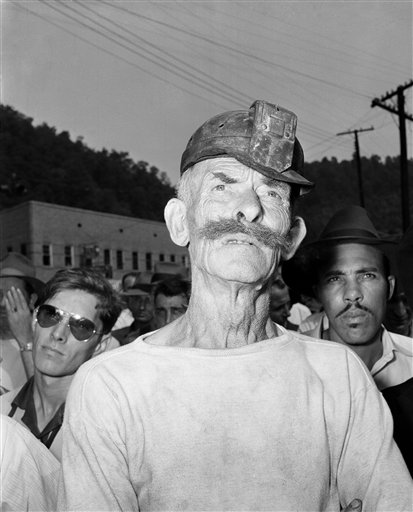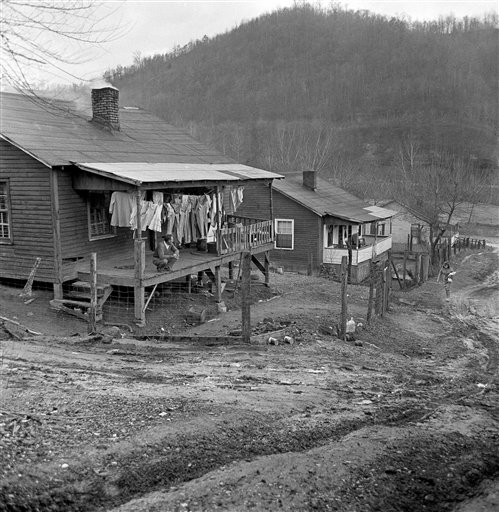In Ashton v. Kentucky, 384 U.S. 195 (1966), the Supreme Court held that most criminal libel laws violated the First Amendment.
These laws had allowed prosecutors to bring criminal charges against persons who published false and malicious statements.
Kentucky man sentenced to prison for libeling police chief, sheriff, publisher
Ashton grew out of a bitter labor dispute in Hazard, Kentucky. As part of an effort to collect food and other aid for unemployed miners, Steve Ashton had circulated a pamphlet in which he criticized the local police chief, sheriff, and newspaper publisher.
According to Ashton, the police chief had illegally collected $100 a week to guard a mine operator’s home, the sheriff had used excessive force against suspects, and the newspaper publisher had refused to distribute aid donated for the strikers’ benefit.
Based on these allegations, prosecutors charged Ashton with criminal libel for “publishing a false and malicious publication which tends to degrade or injure.” Ashton was convicted of the charge, fined $3,000, and sentenced to six months in prison. The Kentucky Court of Appeals affirmed.
Court found criminal libel law violates First Amendment
The Supreme Court unanimously reversed, holding the criminal libel statute to be too vague to withstand constitutional scrutiny.
Under the First Amendment, the Court said, a conviction “for an utterance ‘based on a common law concept of the most general and undefined nature’ could not stand.” Otherwise, the Court held, freedom of speech would suffer “under the guise of regulating conduct that is reachable by the police power.”
In its opinion, the Court cited Chief Justice Charles E. Hughes from De Jonge v. Oregon (1937), which had overturned the conviction of an individual for criminal syndicalism simply for participating in a meeting that communists had organized:

John Simpson, veteran Leslie County coal miner, listens intently in a crowd, July 28, 1951 as UMW leaders address organizing rally in Hyden, Ky., a stronghold of non-unionism. Bitter labor disputes arose for years in coal mining towns, and one was the origin for a First Amendment case that involved pamphlets criticizing local officials. (AP Photo, used with permission from The Associated Press)
”[I]t is only through free debate and free exchange of ideas that government remains responsive to the will of the people and peaceful change is effected. The right to speak freely and to promote diversity of ideas and programs is therefore one of the chief distinctions that sets us apart from totalitarian regimes. Accordingly a function of free speech under our system of government is to invite dispute. It may indeed best serve its high purpose when it induces a condition of unrest, creates dissatisfaction with conditions as they are, or even stirs people to anger. Speech is often provocative and challenging. It may strike at prejudices and preconceptions and have profound unsettling effects as it presses for acceptance of an idea.”
This article was originally published in 2009. Douglas E. Lee is a circuit judge for the 15th judicial circuit in northwest Illinois. When he wrote this article, he was a partner with a law firm in Dixon, Illinois. Before joining that firm, he worked at Baker & Hostetler in Washington, D.C., where he focused his practice in First Amendment litigation. When he took the bench in 2019, Mr. Lee had considerable experience in matters involving libel, privacy, and access to the courts. He also wrote regular commentaries for the website of the First Amendment Center in Nashville.

